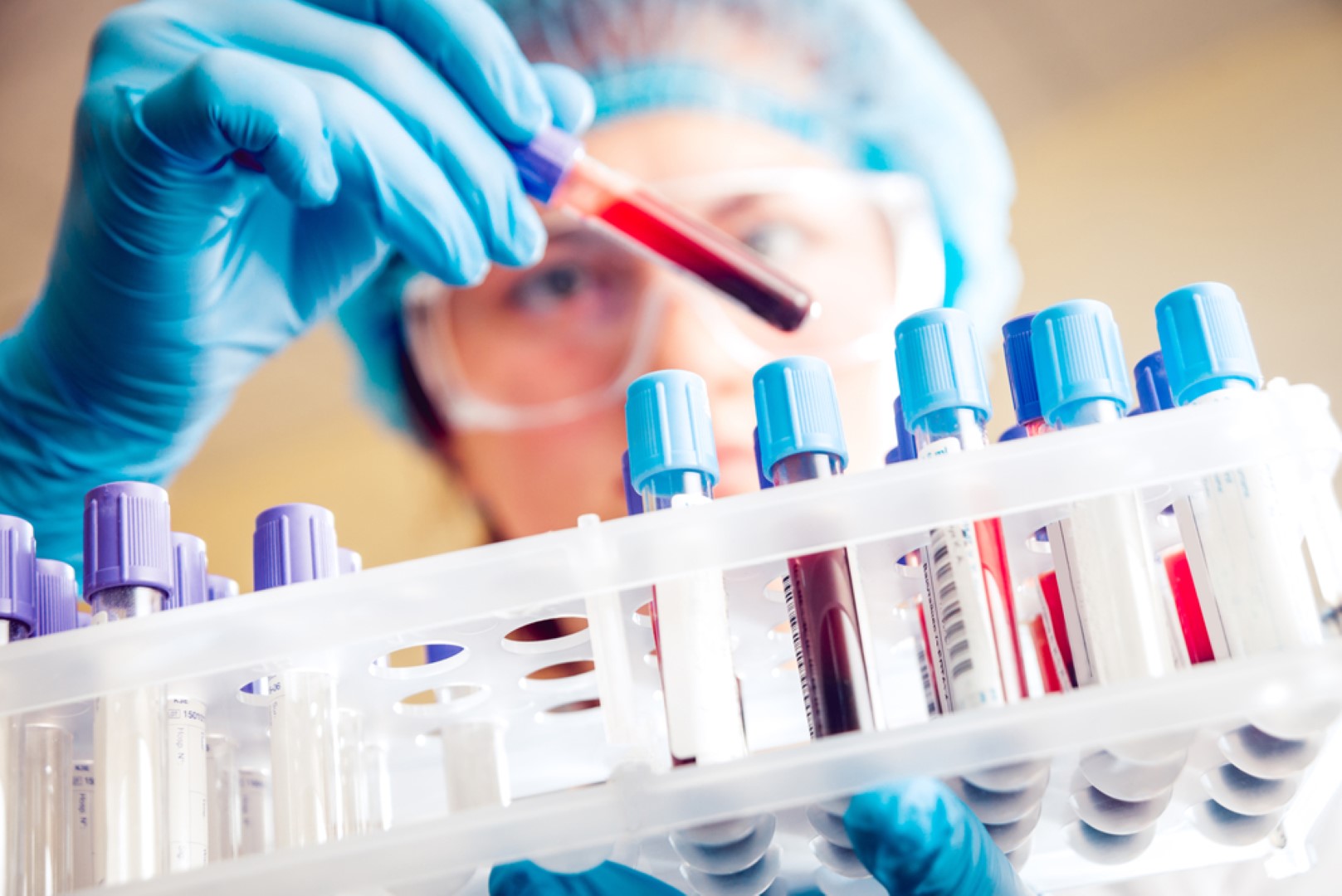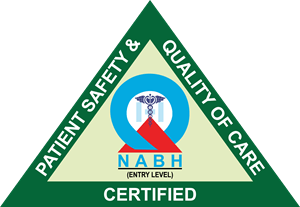Diagnostic Testing
What Is Diagnostic Testing ?
Diagnostic testing refers to the process of conducting various medical tests and examinations to gather information about a patient's health status, identify the presence of diseases or medical conditions, and determine the best course of treatment or intervention. These tests are crucial for healthcare providers to make accurate diagnoses and provide appropriate care for their patients.
Blood Tests: These tests analyze blood samples to assess various aspects of health, including blood cell counts, levels of specific substances (e.g., glucose, cholesterol, hormones), and markers of organ function. Imaging Studies: Techniques like X-rays, computed tomography (CT), magnetic resonance imaging (MRI), ultrasound, and positron emission tomography (PET) are used to visualize internal structures of the body, providing detailed images of bones, organs, tissues, and blood vessels. Biopsy: This involves the removal of a small sample of tissue, typically for examination under a microscope to identify abnormalities or diseases, such as cancer. Endoscopy: A flexible tube with a camera is used to visually inspect the inside of the body, such as the digestive tract (colonoscopy, upper endoscopy) or respiratory system (bronchoscopy). Electrocardiogram (ECG or EKG): This records the electrical activity of the heart to diagnose heart conditions and abnormalities in heart rhythm. Genetic Testing: This examines an individual's DNA to identify genetic variations or mutations associated with specific diseases or conditions. Pulmonary Function Tests: These evaluate lung function and capacity to diagnose respiratory conditions like asthma or chronic obstructive pulmonary disease (COPD). Urinalysis: This analyzes the physical, chemical, and microscopic properties of urine to assess kidney function and detect conditions like urinary tract infections or diabetes. Lumbar Puncture: Also known as a spinal tap, this involves the removal of cerebrospinal fluid from the spinal canal for examination, particularly in cases of neurological disorders. Allergy Testing: These tests determine a person's sensitivity or allergy to specific substances (allergens) that can trigger allergic reactions. Stress Tests: These evaluate heart function and blood flow during physical activity to diagnose heart conditions like coronary artery disease. Microbiological Cultures: These involve the growth and identification of microorganisms from samples like blood, urine, or swabs to diagnose infections.

What Is The Main Cause Of Diagnostic Testing ?
The main cause of diagnostic testing is to obtain objective and accurate information about a patient's health status, identify the presence of diseases or medical conditions, and guide appropriate treatment or intervention. Diagnostic testing serves several essential purposes in healthcare:
- Confirm or Rule Out Diagnoses: Diagnostic tests help healthcare providers confirm or rule out potential diagnoses based on specific symptoms, physical examination findings, and patient history.
- Monitor Disease Progression: For individuals with chronic or progressive conditions, regular diagnostic testing can track changes in their health status over time, allowing for timely adjustments in treatment plans.
- Guide Treatment Decisions: Test results provide valuable information that helps healthcare providers determine the most effective course of treatment or intervention for a particular condition.
- Screening and Early Detection: Diagnostic tests are used in screening programs to detect conditions in their early stages when intervention is most effective. Examples include cancer screenings and newborn screening programs.
- Risk Assessment and Prevention: Some diagnostic tests, such as genetic testing, assess a person's risk of developing certain diseases based on their genetic makeup. This information can guide preventive measures and lifestyle modifications.
Overall, diagnostic testing is a cornerstone of modern healthcare. It enables healthcare providers to make accurate diagnoses, tailor treatment plans to individual patients, and improve outcomes for a wide range of medical conditions. Additionally, it contributes to the advancement of medical knowledge and the development of new treatments and interventions.
Clinical Services
Facilities
24 Hours Services



